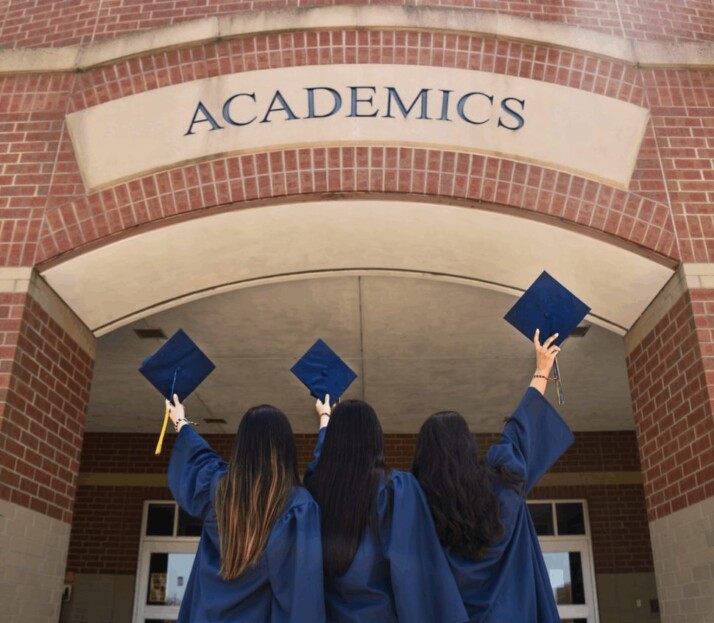Plagiarism is a word that is frequently thrown around in student circles, but what is it? What is plagiarism? It is a bad practice, unethical, and can have severe, long-lasting consequences.
These consequences can affect you not only in school but also in your professional career. In this article, we will explain what plagiarism is, the reason it occurs, and the consequences of plagiarism on both students and academic staff.
More importantly, we will explain why you shouldn’t take the consequences of plagiarism lightly.
What is Plagiarism?

Plagiarism is a complex but frequent problem that can lead to serious problems. Knowing what plagiarism is, helps you avoid plagiarizing, whether it is intentional or accidental.
Plagiarism is the act of stealing others’ ideas or words and passing them off to others. Every student in college or professional in the workforce can experience devastating impacts.
The definition above doesn’t mean that you can’t use other sources and research to develop your own. On the contrary, science is made by building on the findings of others. However, you must mention these findings with proper acknowledgment.
“Proper acknowledgment” refers to the use of quotation marks or indenting plus documentation for directly quoted work and specific, articulated citations. If you are paraphrasing the content instead of directly quoting it, you should cite the source material you are using.
Students are aware of plagiarism (passing off another person’s work as your own) is a form of academic dishonesty and is strictly prohibited. However, it is possible for an individual to be unintentionally guilty of plagiarizing. In fact, most of the plagiarism committed in academia is unintentional.
A student can commit plagiarism by using the information in their work but failing to properly refer to the source. Obviously, this can happen if the student left out a citation or a writer did not properly use in-text citations. Or maybe the author’s paraphrase is too close to the original source.
What Are the Consequences of Plagiarism?
Each school has its own rules for students who have plagiarized their work. Students plagiarizing unintentionally through accident or misunderstanding are usually reprimanded by their teachers.
If the tendency to plagiarize continues, the student may not receive credit for the assignment or get a warning from teacher of additional implications.
There may be a number of more severe consequences when plagiarism appears intentional. This includes failing the assignment and having to redo it.
Some students aren’t able to recover their grades or automatically fail a course. Academic institutions may suspend students for plagiarism.
A student may be suspended or expelled due to plagiarism allegations. A student’s academic record may reflect the ethics offense, potentially causing her to be barred from entering college.
If a professional commits plagiarism, it’s a more serious problem. Having the stamp of a plagiarist means a dead career.
Academic success depends on publishing. If you can’t publish as an academic, your career is most likely to end.
The plagiarist may be asked to resign or be fired. When this happens, finding employment in the same field can be difficult for the individual.
Some plagiarism may also be criminal, perhaps resulting in prison sentences. Journalists or authors who write for a living are particularly susceptible to plagiarism problems.
Explore All Plagiarism Checker Articles
Plagiarism in Journalism: Its Meaning and How to Avoid It
Writing is a wide array of interests that covers different professions and passions. In terms of news writing, journalists should…
The Difference Between Plagiarism and Appropriation in Art
People confuse the difference between plagiarism and appropriation. What they don’t understand is that these two terms differ from one…
6 Ways to Write Plagiarism Free Content — A Bloggers Guide
Generating unique plagiarism free content is one of the most important factors for optimizing your content and achieving higher SERP…
Using Plagiarism Checkers for Research Papers
With the web being so vast and expansive, it’s no wonder more, and more people are turning to it for…
6 Best Free Plagiarism Checker Online
What is the best free plagiarism checker today? You might have a paper or assignment due in the upcoming day,…
How to Copy and Paste Without Plagiarizing
The copy and paste function in your word processor is powerful. It can save your lots of time. But it…
